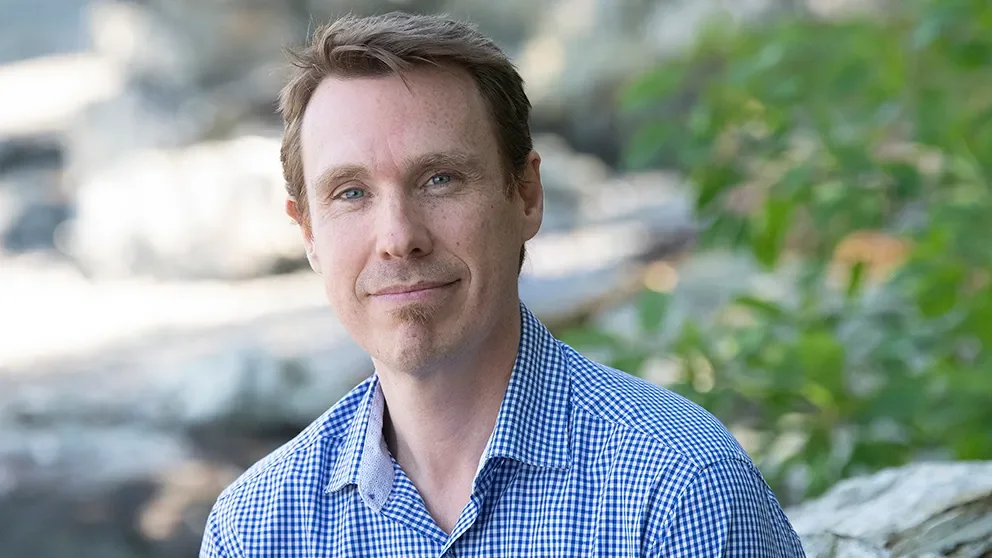Unlocking tissue regeneration in mammals

The tissues of adult mammals are not able to regenerate, and any amputation of a digit or limb is permanent. Less visibly, damage to our organs leads to scar-based repair, not regeneration, impairing future function.The limitations to regeneration are not well understood, even though fellow vertebrates such as the axolotl salamander retain robust regenerative capacity throughout life. Research Scientist James Godwin, Ph.D., investigates regeneration in model organisms, and his work with mice has shown that multiple immune-cell types inhibit tissue regeneration. A five-year, $2.4M R01 grant is supporting further investigation of the mechanisms involved, and how a different subset of immune cells called T-regulatory cells (Tregs) can be pro-regenerative. The work will identify the critical biological pathways and genetic modifiers needed to modulate immune activity and induce latent regenerative potential in adult mammalian tissues, with the ultimate goal of enhancing tissue repair in human patients.
Grant details: https://reporter.nih.gov/search/e14x7ALfwk2mNcgRLvZRbQ/project-details/10564255
Prior axolotl research: https://www.jax.org/news-and-insights/2017/August/immune-cells-play-key-role-in-cardiac-regeneration
General audience article about Godwin’s work with axolotls at the Mount Desert Island Biological Laboratory, where he holds a joint appointment: https://phys.org/news/2021-06-scientist-underlying-limb-regeneration.pdf

